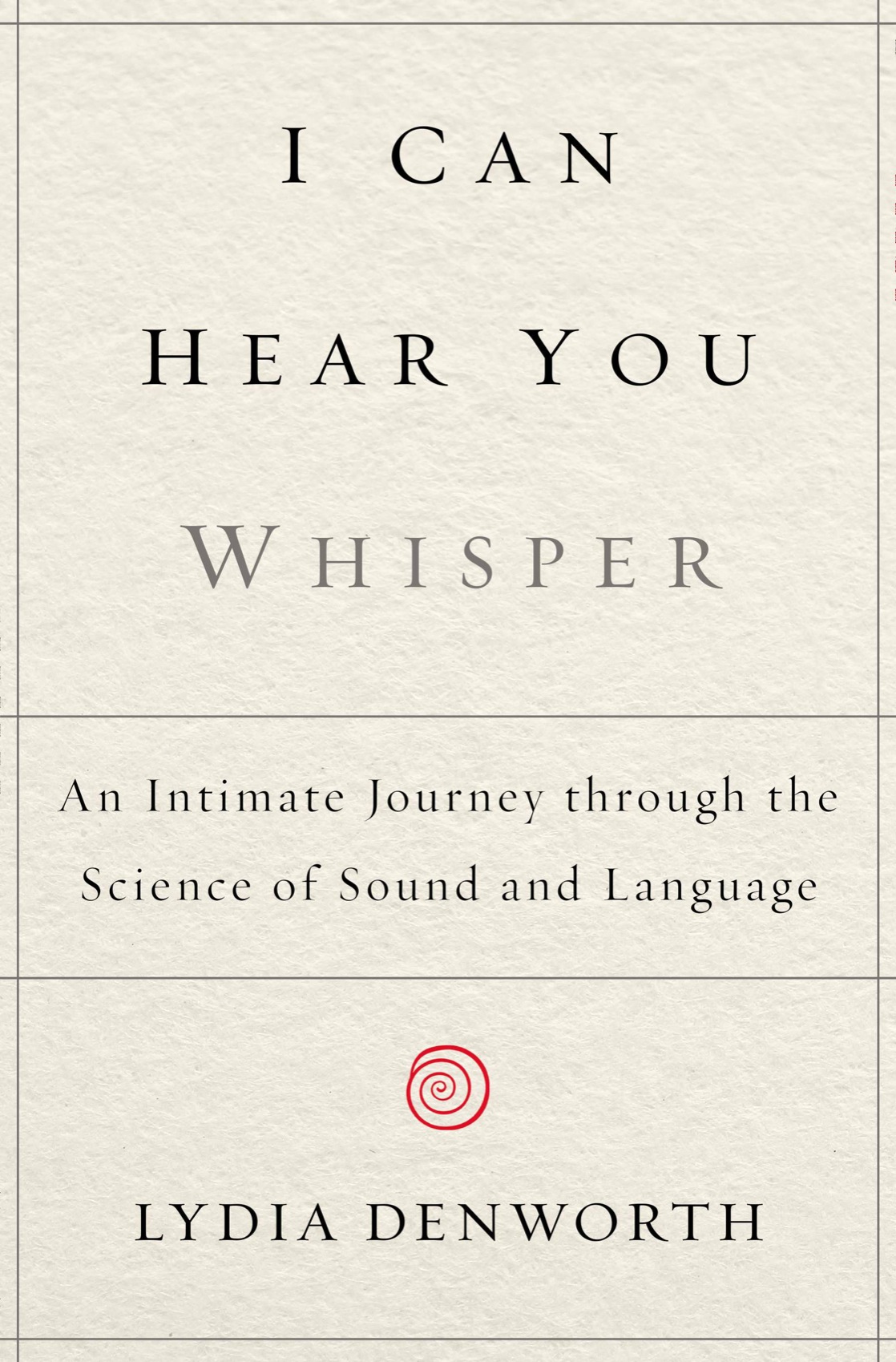
I Can Hear You Whisper
An Intimate Journey through the Science of Sound and Language
کتاب های مرتبط
- اطلاعات
- نقد و بررسی
- دیدگاه کاربران
نقد و بررسی

February 24, 2014
In this moving and informative book, former Newsweek reporter Denworth recounts her emotional and intellectual quest to help her deaf infant son hear. Throughout, she recreates the emotional highs and lows of the boy’s journey. Among the many luminous moments is a moving description of Denworth’s onset of sadness before her son’s cochlear implant surgery: “In the predawn darkness of a December morning,” she writes, “I watched Alex sleeping in his crib for a moment and gently ran my fingers along the side of his sweet head just above his ear. In a few hours, that spot would be forever changed by a piece of hardware.” Denworth balances such scenes with well-researched glimpses into the labs of researchers and doctors trying to understand the mechanics of the rich human aural experience. Of particular interest are the passages in which she explores brain plasticity, a potential explanation for why our still-primitive cochlear implants work at all: humans’ pliable brains adjust to, and improve on, the machines. “I began to understand that the brain was in there, that there was a miracle in play here,” she quotes one cochlear implant researcher. This is a book that parents, particularly of deaf children, may find indispensable.

March 15, 2014
A science journalist and mother of a child born with a congenital deformity of the inner ear brings both perspectives to bear on this account of her journey into the science of hearing and the world of the deaf. Former Newsweek and People journalist Denworth's (Toxic Truth: A Scientist, a Doctor, and the Battle over Lead, 2009) third son, Alex, was given a cochlear implant shortly before turning 3. That procedure, along with a hearing aid in his other ear, has enabled him to live and function well in the world of the hearing. The author based the decision on a clear understanding of what the consequences of not doing so would mean for Alex. Denworth employs her skills as a researcher to tell the story of early attempts to help the deaf. She visited the laboratories of neuroscientists studying the brain to understand how it processes sound, interviewed doctors, consulted surgeons and listened to educators at Gallaudet University, where communication occurs primarily through American Sign Language. Occasionally, the details get overly technical, but for the most part, Denworth understands how to keep readers engaged; for clarity, she includes a couple of line drawings of the ear, an implant and the brain. The Deaf community, choosing to regard deafness as a "difference" rather than a "disability," has at times voiced fierce opposition to the use of cochlear implants, especially in young children, arguing that it removes children from the world of Deaf culture while not granting them full entry into the world of the hearing. The language of opponents has sometimes been harsh, with words like "genocide" occasionally used, but Denworth pulls back from the controversy. She learned to sign, acknowledging its value, but there is no doubt that she believes she has made the right choice in bringing her child into the wider world of spoken language. All parents will recognize the moments of both terror and pride that mark the journey; parents of deaf children will garner both information and insights.
COPYRIGHT(2014) Kirkus Reviews, ALL RIGHTS RESERVED.

April 1, 2014
In this science-laced story about her youngest son, Alex, veteran journalist Denworth eloquently explains how hearing works and fails. After she and her doctors figure out that Alex is silent because he doesn't know what people are saying, he gets a cochlear implant at age two, which turns out to be a miraculous device. Denworth weaves her son's story throughout her easy-to-understand primer on how people hear, listen, speak, and read. Reporter that she ishaving worked at Newsweek and People and published stories in the New York TimesDenworth interviews many top experts and cites the work of researchers past and present. Back in 1929, for example, a scientist named Harvey Fletcher wrote, The processes of speaking and hearing are very intimately related, so much so that I have often said that we speak with our ears. We can listen without speaking but cannot speak without listening. Think about it. An excellent book for anyone with deafness in the family or with a desire to better understand how people hear, why hearing loss occurs, and how it is treated.(Reprinted with permission of Booklist, copyright 2014, American Library Association.)

November 1, 2013
Science writer Denworth understands the importance of hearing to the developing brain, so she agreed to a cochlear implant (a controversial new technology) when she learned that son Alex suffered from profound and progressive hearing loss. You know Denworth from MSNBC's The Cycle.
Copyright 2013 Library Journal, LLC Used with permission.

























دیدگاه کاربران